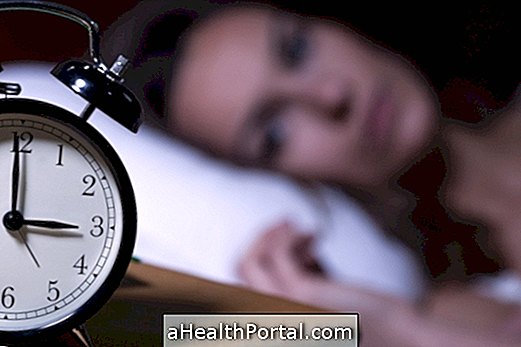The following list suggests 10 tips for avoiding daytime sleepiness and improving sleep quality at night.
- Sleep between 7 and 9 hours a night - Teens usually need nine hours of sleep as adults need between 7 and 8 hours.
- Use bed only for sleeping - It is not advisable to watch television, play games or use the computer in bed.
- Set a time to wake up - Creating a bedtime can be frustrating so you have difficulty falling asleep.
- Eat at regular times - Eating well also prevents energy deficits during the day. The last meal should end two to three hours before going to bed.
- Do some physical activity - light and regular exercise provides deeper sleep, although it is not advised at night.
- Do not sleep - especially in the late afternoon a nap can trigger insomnia. Here's how to do the proper dozing without affecting sleep.
- Go to bed when you are sleepy - try to distinguish tiredness from drowsiness.
- Create a relaxation ritual - take a glass of warm milk into the room, reduce the intensity of the light, put on a relaxing song. Try to relax in your own way.
- Take 1 glass of red wine before going to sleep.
- Look for a Specialist - Drowsiness can have countless reasons ranging from apneic or narcolepsy medications. A treatment to avoid fatigue and daytime sleepiness may involve medication other than behavioral therapy
It is very important to improve the quality of sleep at night to avoid tiredness and drowsiness during the day.
Useful links:
- How to get sleep
- How to get sleep during the day



















